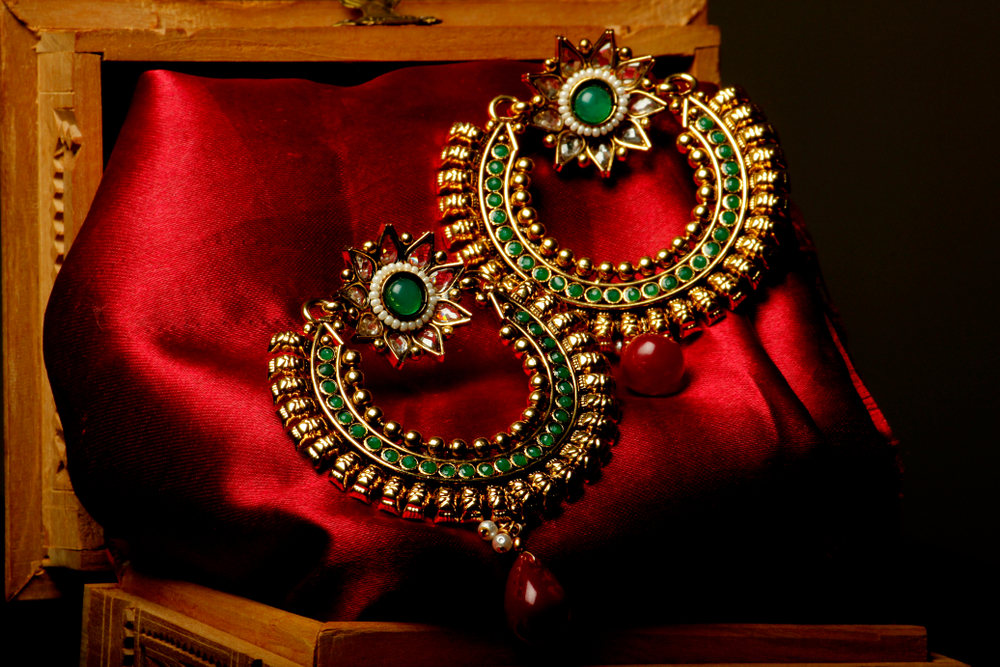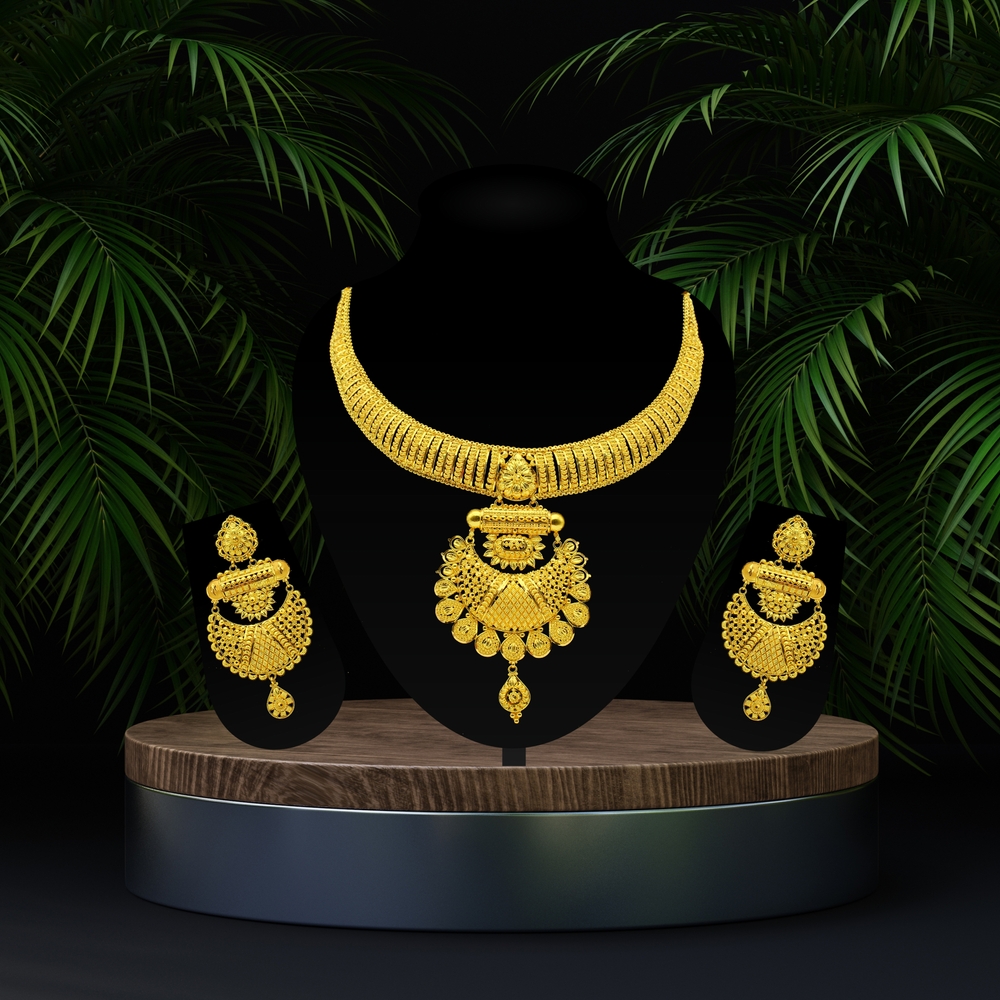Introduction
Throughout history, gold has captivated the hearts and minds of people across the globe. This precious metal has held a unique place in various cultures and religions, transcending its material value to become a symbol of wealth, power, and divine connection. In this blog post, we will explore the significance of gold in different civilizations and uncover the rich shades of its cultural and religious meanings.
The Universal Appeal of Gold: A Journey Through Time
Gold has been a desired commodity since ancient times, with its allure spanning across continents and civilizations. From the wealthy palaces of China to the sacred temples of India, gold has decorated architectural marvels and religious artifacts, signifying prosperity and spiritual enlightenment.
An Overview of Gold’s Role in Various Cultures
Gold has played a significant role in various cultures throughout history. It has been used as a medium of exchange, a symbol of wealth and status, and a material for creating beautiful and complex works of art. The significance of gold in different civilizations is a proof of its enduring allure and universal appeal.
The Timeless Value of Gold in Human History
Gold has been valued by humans for thousands of years, and its significance has remained constant throughout history. From ancient civilizations to modern times, gold has been a symbol of power, wealth, and prestige. The timeless value of gold is a reflection of its scarcity, durability, and beauty, which have made it a desirable commodity across cultures and time periods.
Ancient Civilizations and the Sacredness of Gold
In ancient Egypt, gold was believed to be the flesh of the gods, which decorated the tombs of pharaohs as a tribute to their eternal supremacy. The Mesopotamian cultures, such as the Sumerians and Babylonians, also admire gold, associating it with the sun god Shamash. Similarly, in ancient Greece and Rome, gold was used to honor the gods and symbolize wealth and honor.
Gold in Ancient Egypt: A Symbol of Eternal Life and Power
In ancient Egypt, gold was admired as a symbol of eternal life and power. The pharaohs were often buried with vast quantities of gold, which was believed to ensure their safe passage to the afterlife. The significance of gold in ancient Egyptian culture is evident in the elaborate golden artifacts and jewellery that have been discovered in their tombs and temples.
The Mesopotamian Connection: Gold in Sumerian and Babylonian Cultures
The Mesopotamian cultures, including the Sumerians and Babylonians, also held gold in high regard. Gold was associated with the sun god Shamash, who was believed to be the source of all life and prosperity. The significance of gold in Mesopotamian culture is reflected in the complex gold jewellery and artifacts that have been discovered in archaeological excavations.
Gold in Ancient Greece and Rome: Wealth, Gods, and Glory
In ancient Greece and Rome, gold was used to honor the gods and symbolize wealth and glory. The temples of the gods were often decorated with gold, and the victors of the Olympic Games were awarded golden medals. The significance of gold in ancient Greek and Roman culture is evident in the elaborate gold jewellery and coins that have been discovered from this period.

Gold in Asian Traditions and Religions
Gold holds a special significance in Asian religions and traditions. In Hinduism, gold is considered a sacred metal, representing the divine energy of the goddess Lakshmi and the eternal cycle of life and rebirth. In Buddhism, gold is a symbol of purity and enlightenment, with the Buddha often depicted in gold statues. Chinese culture associates gold with prosperity and good fortune, with the color gold being linked to success and wealth.
The Spiritual Significance of Gold in Hinduism
In Hinduism, gold is considered a sacred metal that represents the divine energy of the goddess Lakshmi. Gold is believed to be a symbol of purity, prosperity, and good fortune and is often used in religious rituals and ceremonies. The significance of gold in Hinduism is evident in the complex gold jewelry artifacts that are used in temples and during festivals.
Gold in Buddhism: A Symbol of Purity and Enlightenment
In Buddhism, gold is a symbol of purity and enlightenment. The Buddha is often depicted in gold statues, which represent his spiritual perfection and the purity of his teachings. Gold is also used in Buddhist temples and shrines to create a sense of beauty and reverence. The significance of gold in Buddhism is a reflection of its spiritual and symbolic importance in the religion.
Gold’s Role in Chinese Culture: Prosperity and Good Fortune
In Chinese culture, gold is associated with prosperity and good fortune. The color gold is believed to bring luck and success and is often used in celebrations and festivals. Gold is also used in traditional Chinese medicine, and it is believed to have healing properties. The significance of gold in Chinese culture is a reflection of its cultural and symbolic importance in the country.
Indigenous Cultures and the Reverence for Gold
Indigenous cultures around the world have long held gold in high regard. The Inca and Aztec empires of South America believed gold to be a divine metal, using it in religious rituals and decorating their rulers with golden attire. In Africa, gold was meticulously crafted into elaborate jewellery and ceremonial objects, reflecting the rich cultural heritage and artistic traditions of the continent. Native American traditions also incorporated gold into their spiritual practices and symbols of power.
The Inca and Aztec Empires: Gold as a Divine Metal
The Inca and Aztec empires of South America believed gold to be a divine metal that was sacred to the gods. Gold was used in religious rituals and ceremonies, and it was also used to decorate the rulers of these empires. The significance of gold in Inca and Aztec culture is evident in the elaborate gold artifacts and jewellery that have been discovered from this period.
Gold in African Cultures: Royalty, Status, and Rituals
In African cultures, gold has long been associated with royalty, status, and rituals. Gold was meticulously crafted into elaborate jewellery and ceremonial objects, reflecting the rich cultural heritage and artistic traditions of the continent. The significance of gold in African culture is a reflection of its cultural and symbolic importance in the region.
The Symbolism of Gold in Native American Traditions
Native American traditions have long incorporated gold into their spiritual practices and symbols of power. Gold was used in ceremonial objects and jewellery, and was believed to have spiritual properties. The significance of gold in Native American culture is a reflection of its cultural and symbolic importance in the region.
Gold as a Symbol of Power and Status
Throughout history, gold has been a symbol of power, status, and luxury. Royalty and nobility have long used gold to showcase their wealth and authority, decorating their crowns, thrones, and attire with the precious metal. In modern times, gold medals and awards have become a symbol of excellence and achievement, honoring the best in sports, academics, and the arts. The fashion industry has also embraced gold, with designers incorporating it into their collections to extract a sense of luxury and sophistication.
Royalty and Gold: Crowns, Thrones, and Appearance
Throughout history, royalty and the nobility have used gold to showcase their wealth and authority. Gold has been used to decorate crowns, thrones, and attire, creating a sense of power and prestige. The significance of gold in royal and noble culture is a reflection of its cultural and symbolic importance in the region.
Gold Medals and Awards: Honoring Excellence and Achievement
In modern times, gold medals and awards have become a symbol of excellence and achievement. Gold medals are awarded to the winners of various competitions and events, such as the Olympic Games and academic competitions. The significance of gold medals and awards is a reflection of the cultural and symbolic importance of gold in modern society.
Gold in Fashion: Luxury, Elegance, and Trendsetting
The fashion industry has long embraced gold as a symbol of luxury, elegance, and trendsetting. Gold has been used in jewellery, accessories, and clothing to create a sense of opulence and sophistication. The significance of gold in fashion is a reflection of its cultural and symbolic importance in modern society.
Conclusion
In conclusion, the significance of gold in different civilizations is a testament to its enduring allure and universal appeal. From its religious and spiritual meanings to its representation of power and status, gold has woven itself into the fabric of human culture, transcending time and space. As we continue to explore and appreciate the rich shade of gold’s significance across the globe, we gain a deeper understanding of our shared heritage and the timeless beauty of this precious metal.
At Aarchievgold Jewellers, we celebrate the rich cultural and religious significance of gold with our exquisite collection of jewellery. Inspired by the timeless traditions of India, our designs seamlessly blend ancient craftsmanship with modern elegance. Explore our stunning range of gold jewellery and discover the perfect piece to commemorate your most cherished moments.
FAQs
Why is gold considered sacred in many religions and cultures?
Gold is revered as sacred due to its purity and uniqueness. It represents divine energy in Hinduism, purity in Buddhism, and divinity in Inca and Aztec cultures.
How does gold feature in Indian weddings and traditions?
Gold jewellery is essential for brides. Gold coins are used in rituals and given as gifts for auspicious occasions, believed to bring luck and prosperity.
What is the historical significance of gold in India?
Gold has been part of Indian culture for over 5,000 years. During the Mughal era, complex gold jewellery decorated with precious stones became popular.
How does gold contribute to the Indian economy?
India is a major gold consumer. The gold industry provides income for millions. The government earns revenue from gold imports and exports.








